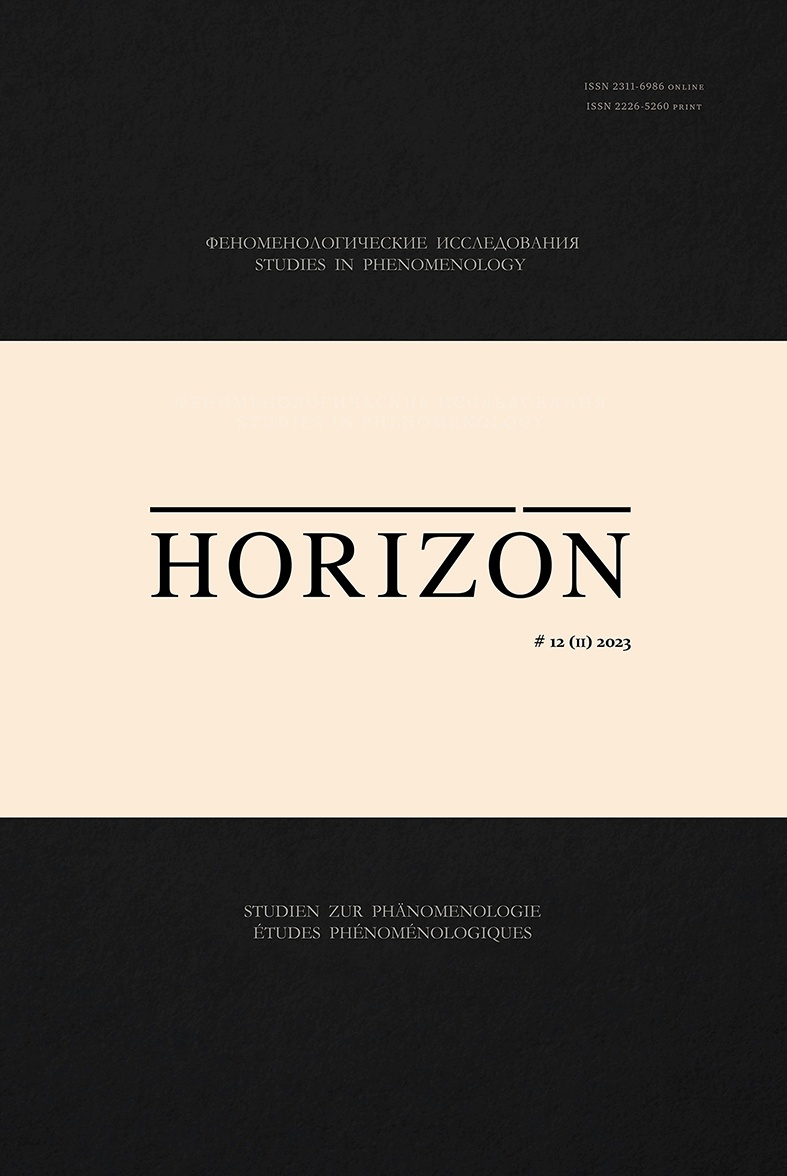DER FALL DES LIBERTÄREN ANARCHISMUS SCHELLINGS.
EINE PHÄNOMENOLOGIESCHE ANALYSE ÜBER
UNAUFHEBBARKEIT DES PARTIKULAREN WILLENS IN
DEN JAHREN 1809–1810
THE CASE OF SCHELLING’S LIBERTARIAN ANARCHISM.
A PHENOMENOLOGICAL ANALYSIS OF INSURMOUNTABILITY OF
THE PARTICULAR WILL IN THE YEARS 1809–1810
Author(s): JUAN JOSÉ RODRÍGUEZSubject(s): Philosophy, Philosophical Traditions, Political Philosophy, German Idealism, Phenomenology
Published by: Издательство Санкт-Петербургского государственного университета
Keywords: Schelling; particular will; separation; God; good; evil; libertarianism; anarchism;
Summary/Abstract: This paper refers to the connection between the metaphysical duality of ground and existence and inner dynamic of the particular will of man. We will analyse how the metaphysical monism, which Schelling attributes to Spinoza and later to Hegel, is responsible for the abolition of the freedom of the human individual, because it does not account for the existence of evil, and consequently reduces it to the existence of a higher order reference system that over and predetermines the individual (1). We will first scrutinise the principles of separation and union, ground and understanding from the human point of view, namely as the will of ground and love, as particular and universal will (2). The will of man reveals itself as the culmination and model of the will that permeates nature, an essential aspect of the process of God’s revelation and becoming. The link between the principles of separation and union shows us the difference that Schellingian thought establishes between man and God, the real and the ideal. While God, or the purely ideal principle, precedes the separation in a logical-ontological sense, the will of man remains always in an indissoluble tension between the principles, since it is unable to overcome the opposition between good and evil that is characteristic of freedom. The good remains one of the results of human freedom and thus of the particular will of man. The good lies for Schelling not in the simple actualization of the general, but in the moment ineradicable particularity needed for the attainment of a real and effective principle (3). It is to this insurmountability of the particular will in the process of the constitution of man that our proposal of Schelling’s libertarian anarchism refers. The connection of this thesis with the critique of the State is also discussed (4).
Journal: Horizon. Феноменологические исследования
- Issue Year: 12/2023
- Issue No: 2
- Page Range: 457-478
- Page Count: 22
- Language: German

